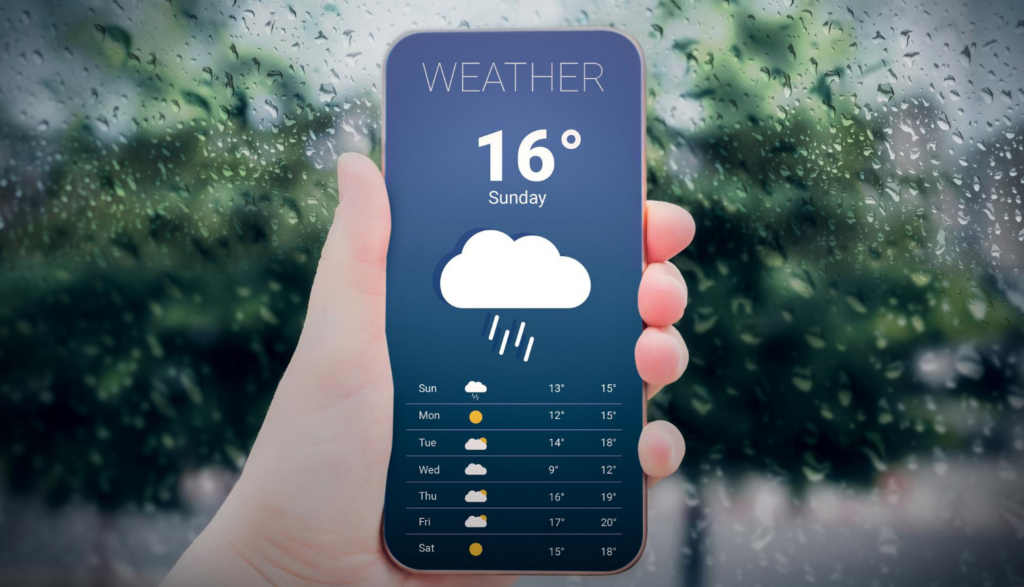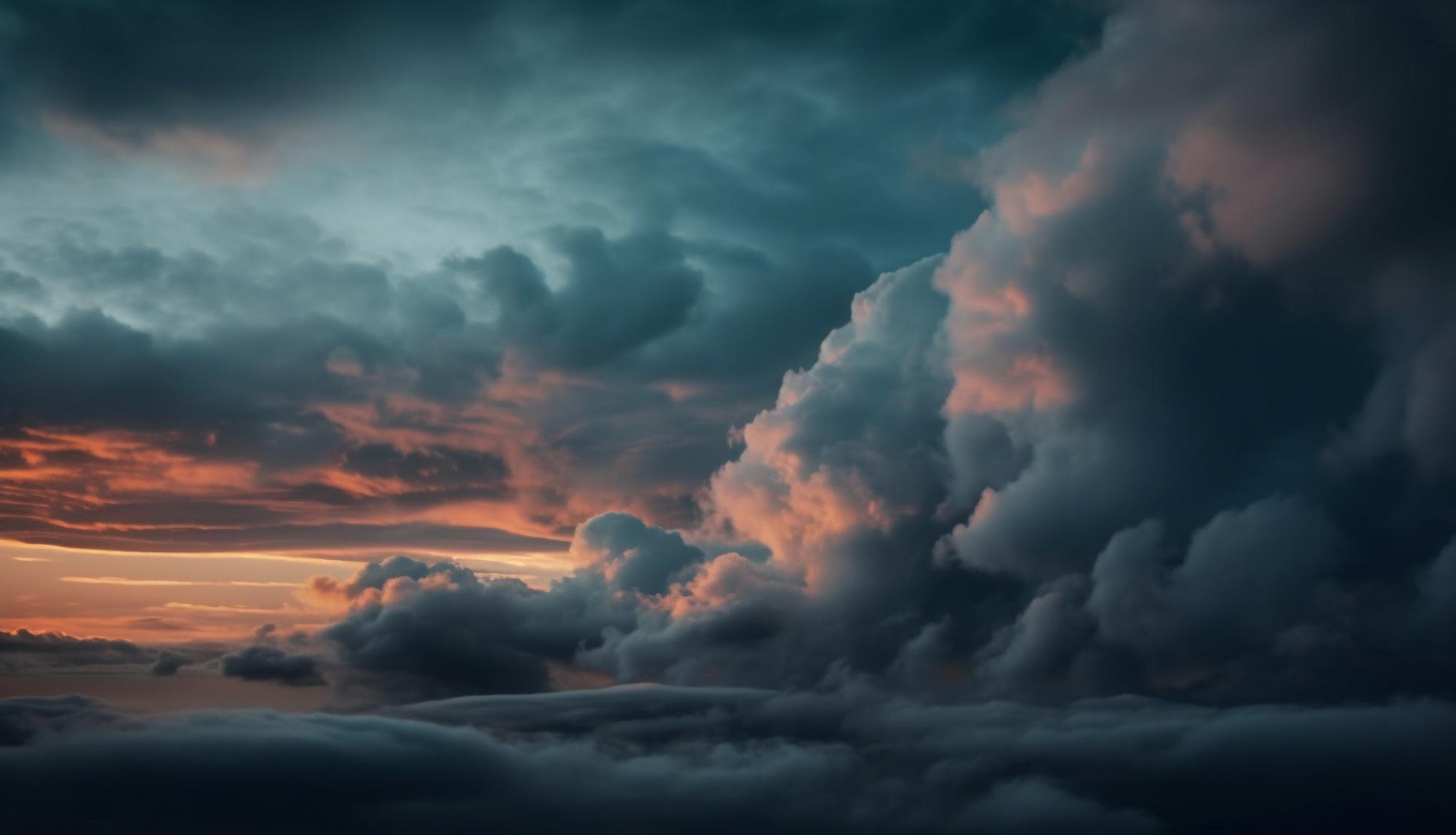Astrology and meteorology may seem like unrelated fields, but historical and cultural connections exist between them, particularly in the way ancient civilizations viewed the cosmos as a predictor of earthly events. While modern meteorology relies on scientific methods, instruments, and data analysis to forecast weather patterns, astrology traditionally linked celestial movements with human experiences and natural phenomena, including weather changes.
Historically, many ancient cultures, such as the Babylonians and Greeks, utilized astrology to interpret environmental changes. They observed how the positions of planets and stars coincided with seasonal shifts and weather patterns. For instance, the appearance of certain constellations often signified specific agricultural cycles, helping farmers decide when to plant or harvest crops. These astrological observations contributed to a holistic understanding of the relationship between celestial phenomena and terrestrial events.
Astrology’s influence on weather predictions can still be seen in some contemporary practices. Some individuals, especially in alternative circles, believe that astrological signs, phases of the moon, and planetary alignments can impact weather conditions. For example, the belief that a full moon might correlate with increased rainfall has roots in these ancient practices. However, it’s important to note that while astrology can offer insights based on historical patterns, it lacks the empirical rigor of modern meteorological science.

Today, meteorology employs advanced technology, including satellite imagery, radar systems, and computer modeling, to predict weather with a high degree of accuracy. This scientific approach relies on quantifiable data rather than celestial interpretations. Despite this, astrology continues to capture the public’s interest, often intertwined with cultural narratives and personal beliefs.
While astrology may provide a historical lens through which to view weather patterns, it is not a reliable tool for meteorological predictions. Modern meteorology, with its scientific foundations, offers the most accurate and practical means of understanding and forecasting weather, though the cultural echoes of astrological practices persist in society.
Related: Astrology and Universal Laws: What Cosmic Principles Teach Us About Life





















